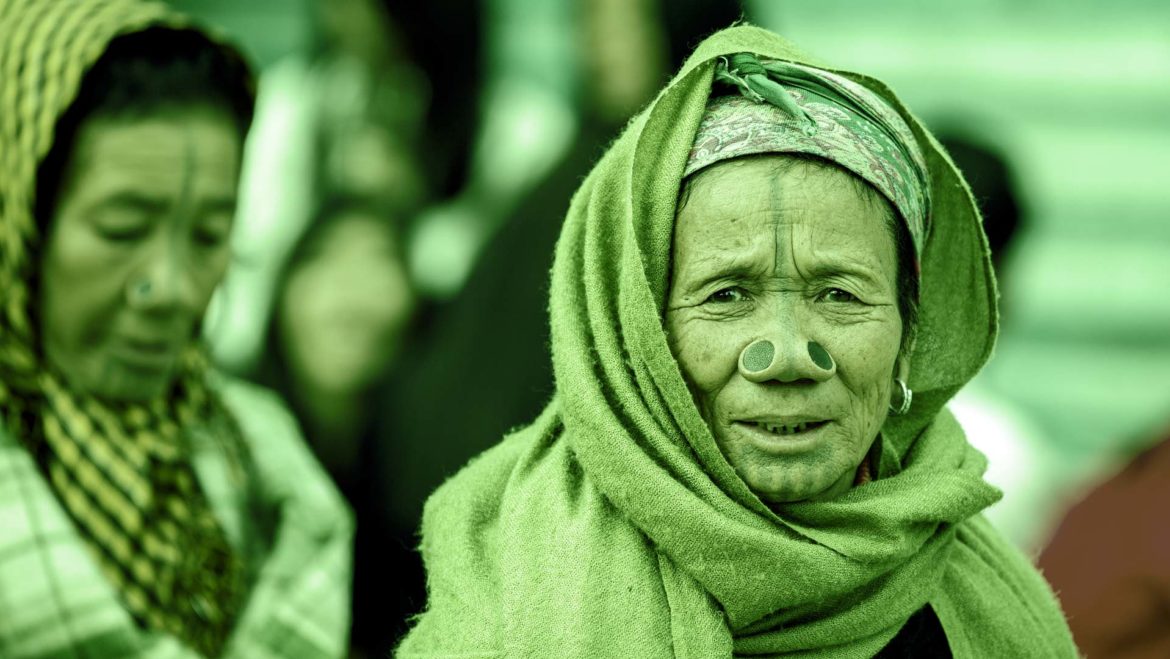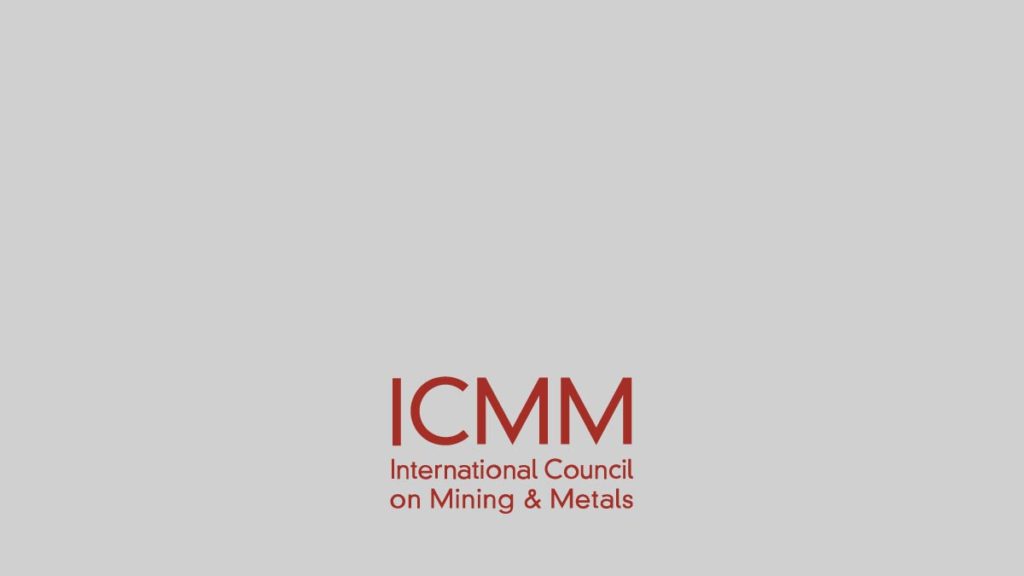
Tool 10 – Making Agreements
Much of the information you have read and created in the previous tools eg baseline studies and impact assessments, is highly important in negotiating agreements with indigenous communities.
Agreements need to be clear and realistic. It can take time to build knowledge, understanding and respect; negotiations have been known to take as long as five years. “Good faith negotiation” will help you establish a healthy, sustainable relationship.
The outlining of company interests, plans, risks and opportunities must be explained and understood with full community involvement.
Long-term objectives should be established at the outset. These should also include the duration and extent of company support and institutional arrangements for any remaining assets and finances covered by the agreement.
Step Guide
STEP
1
Identify who the agreement should be made with and potential issues, such as:
- Company support of community projects and initiatives
- Financial payment arrangements
- Employment and contracting opportunities
- Impact management, avoidance and mitigation
- Sharing benefits and promoting long-term sustainable development
- Governance arrangements
- Provisions in relation to the local community’s use of land
STEP
2
Decide on financial packages:
- Production-based or profit-based payments – annual payment for use, based on a percentage of production profits
- Equity – a share of project ownership and subsequent share of dividends paid to shareholders. In return for financial payments or recognition of support from the indigenous group, or rights the group has over the resource
- Fixed annual payments including – benefit sharing, social investment payments, proportion of the total capital expenditure of the project
- Fixed single payments – fixed and sometimes one-off made for either reaching agreed milestones, redressing damage/loss or a right of way payment
STEP
3
Decide on type of financial disbursement mechanisms. These need to be consistent with the broader purposes and objectives with the agreement working towards a sustainable future:
- Payment to named individuals or groups
- Payment to an indigenous group through an organisation eg a bank account held solely be the group or shared jointly with the company
- Payment through an intermediary organisation eg government or NGO to the group or company
- Payment into a company internal fund or program specially set-up on behalf of the indigenous group
- Payment into an external trust, fund or foundation with the specific purpose of managing and disbursing funds
STEP
4
Consider adding to the agreement potential employment and contracting opportunities:
- Explicit action and timeline targets in relation to employment and business development
- General statements of commitment to preferentially employ/contract Indigenous Peoples
STEP
5
Set environmental, cultural and social management terms to provide indigenous groups with some level of assurance and accountability
STEP
6
Create a liaison committee of both indigenous and company representatives with clearly defined roles, functions, jurisdictions and powers. The committee will deal with:
- Implementation issues
- Providing a forum for addressing disputes
- Financial governance arrangements eg the creation of trust mechanisms with defined spending priorities, independent investment advice and external financial oversight
- Document processes for resolving disputes over the interpretation and application of agreement provisions. Look at tool 13 and tool 14 for further information
- Providing continuous monitoring and reporting on activities in the agreement, compliance of key provisions, and actions taken to address issues from all parties. Public reporting should also be considered
- Building in regular reviews to assess progress against the objectives of the agreement and modify and refocus the agreement where necessary
Sharing decision-making power and control
In relation to governance arrangements companies need to consider whether, and under what circumstances, they are willing to share decision-making power and control with indigenous groups and their representatives.
Giving Indigenous Peoples a voice in the future direction of the project creates a sense of shared responsibility, builds confidence about the project and can promote potential future community support.
Companies should be prepared to provide financial and in-kind support for capacity-building activities in areas such as:
- Legal and negotiations training
- Development of leadership skills
- Meeting procedure
- Institutional governance and board member responsibilities
- Business development and management
Internal disagreements
- Companies must ensure all internal tensions and disputes are resolved before entering into negotiations with indigenous communities
- Potentially impacted departments should understand the issues likely to be discussed in negotiations and kept informed of the company’s position on these matters
- Where indigenous communities are divided over agreement outcomes companies should work with the community to create special subgroups for wider consultation
- It is important that members of the community do not feel disenfranchised
- Representatives must understand issues so they can represent the interests of all
Confidentiality clauses
- Consider what information should be made public and what may be sensitive and remain confidential
- Look at whether the local jurisdiction has any confidentiality requirements – in some areas transparency initiatives are mandated by law and require companies to disclose payments they make to governments worldwide
- Consider whether the community has any concerns about sharing sensitive information
Community, Economics, Environment, Ethical Business, Management, Rehabilitation
Raglan Mine – Accessing Royalties and Profit-Sharing Mechanisms
Paving the way for a range of financial benefit-sharing measures in Canada.
Community, Economics, Environment, Ethical Business, Management, Rehabilitation
Olympic Dam – Aboriginal Business Development
Trust and collaboration is core to successful community-company business developments

